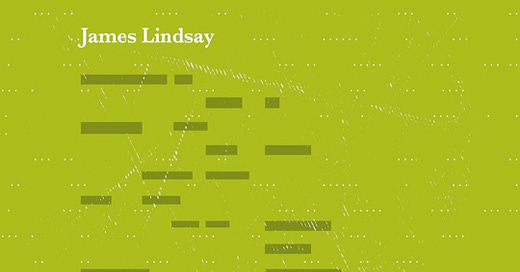
James Lindsay’s Only Insistence is a book of quiet detonations. It is a collection where memory dissolves into landscape, where intimacy is unsteady, and where meaning flits between the personal and the collective, never settling long enough to be possessed. The poems in this collection unfold with a restless energy, an insistence, if you will, on the impermanence of all things—bodies, relationships, histories, and even the language we use to hold them in place.
“At its core, Only Insistence is an exploration of transience and the fragile structures we build to make sense of it.”
At its core, Only Insistence is an exploration of transience and the fragile structures we build to make sense of it. The collection opens with an image both tender and violent: “a dog on its back / making through the grass shamelessly / overcome / by bliss the blast / of a homemade explosive.” Lindsay’s juxtaposition of the bodily and the destructive, of pleasure and catastrophe, sets the tone for the collection. These poems recognize the ways in which beauty and destruction coexist, and how, often, they are one and the same. Even the sun itself is rendered as something combustive and indifferent: “pity the sun / and its silent detonation.”
Lindsay moves between the external and the internal, mapping the ways in which public spaces bear the residue of private experiences. In a poem that considers the uncanny atmosphere of a city in early spring, he writes: “Streets were beaches in early April / Bright and bleached and barren / Wind-whipped and not at all empty.” There is a cinematic quality to this imagery, a scene that is at once vacant and full of specters. Lindsay captures the contradictions of public life, where some people “insisted because they had to,” while others “overthought intimate gestures / Until they became meaningless shapes / Some claimed to find deep meaning in.” These lines speak to the longing and ambivalence that run through much of the collection—how insistence itself can be both an act of survival and an exercise in futility.
There is a thread of self-inquiry in these poems, a questioning of authority and authenticity. Lindsay asks, “What is authority / but anxiety // And what are stitches / but a form of apology.” These lines offer a critique of power as something built on instability and the need to control and contain. Yet, they also gesture toward healing—an acknowledgement that repair, however flawed, is an attempt at care. Later, we find the speaker “amongst the dandelion seedheads gone to pull,” performing a dance that is both fleeting and unobserved: “I dance the / dance of an oven flame // A performance for no one.” The image is striking—there is urgency in the movement, but also a recognition that meaning, like fire, is ephemeral.
The brilliance of Only Insistence lies in its ability to hold contradictions without resolving them. Lindsay does not seek closure; instead, he leans into the discomfort of uncertainty, inviting the reader to do the same. His language is sharp but unforced, lyrical but never overwrought. These are poems that tick away quietly, insistently, demanding nothing but offering everything. They are small explosions, contained yet uncontrollable.
About the Author
James Lindsay is the author of the poetry collections Our Inland Sea and Double Self-Portrait and the chapbooks Ekphrasis! Ekphrasis!, The Lake, and Labour Day. His poetry has appeared in Train: A Poetry Journal, Taddle Creek, CV2, and Prairie Fire among other journals. He lives in Toronto where he works in publishing.
Book Details
Publisher : icehouse poetry (Sept. 26 2023)
Language : English
Paperback : 80 pages
ISBN-10 : 1773103040
ISBN-13 : 978-1773103044





